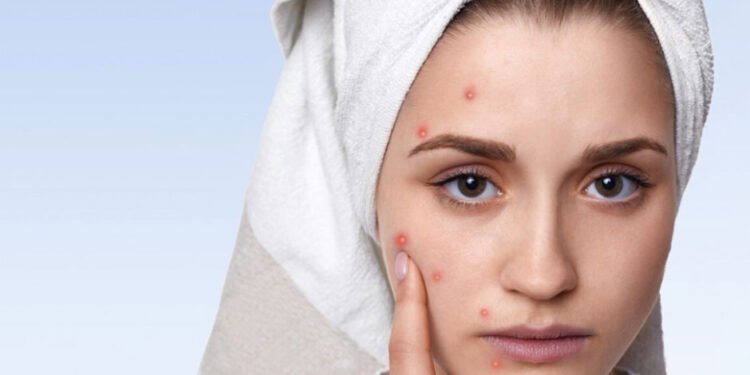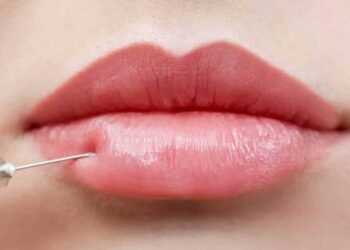Acne is something most of us face at some point in life. It can be in the shape of occasional breakouts or more persistent pimples. Despite the reason, it can be frustrating to deal with. The good news is that managing acne doesn’t have to be confusing or overwhelming.
With the right approach and a few smart habits, you can improve your skin over time and feel more confident in your appearance. Here are the essential dos and don’ts to help you on your journey to clearer skin.
Do: Keep Your Face Clean
Washing your face twice a day is one of the best things you can do for acne-prone skin. Use a gentle cleanser that suits your skin type. Cleansing removes dirt, oil, and bacteria that can clog your pores and lead to breakouts. But don’t overdo it. Scrubbing too hard or washing too often can actually irritate your skin and make acne worse.
Don’t: Pick or Pop Pimples
It can be tempting, but picking or squeezing your pimples can lead to more inflammation, scarring, and even infections. Instead of using your fingers, let the acne heal naturally or use spot treatments to help reduce swelling. If you’re struggling with severe acne, a visit to a dermatologist is a better option than trying to “fix” things yourself.
Do: Use Acne Cream Regularly
One of the most effective ways to manage acne is by using a good acne cream. These creams often contain ingredients like benzoyl peroxide or salicylic acid that target acne-causing bacteria and help keep your pores clear. When used consistently, acne creams can reduce redness, shrink pimples, and prevent new breakouts from forming.
Look for a cream that suits your skin type and follow the directions on the label. Many people see great results when they’re patient and stick to a routine. Acne creams can be especially helpful for treating those stubborn spots that keep coming back in the same areas.
Don’t: Try Too Many Products at Once
It’s easy to get caught up in all the skincare advice online, but using too many products can actually harm your skin. Mixing different active ingredients like acids or retinoids without knowing how they interact can lead to dryness, irritation, or more breakouts.
Stick to a simple routine with a cleanser, moisturizer, and acne cream. Once your skin gets used to the basics, you can slowly introduce new products if needed.
Do: Moisturize Your Skin
Even if your skin is oily, don’t skip moisturizer. Acne treatments can dry out your skin, and a good moisturizer helps balance it out. Choose one that’s labeled “non-comedogenic,” which means it won’t clog your pores.
Hydrated skin heals better and feels more comfortable, especially if you’re using acne cream regularly.
Conclusion
Managing acne takes time, patience, and a little self-care. Stick to a gentle routine, avoid the urge to pick at your skin, and use trusted products like acne cream to support the healing process. Everyone’s skin is different, so it might take a bit of trial and error to find what works best for you. The key is to stay consistent and kind to your skin through it all.












